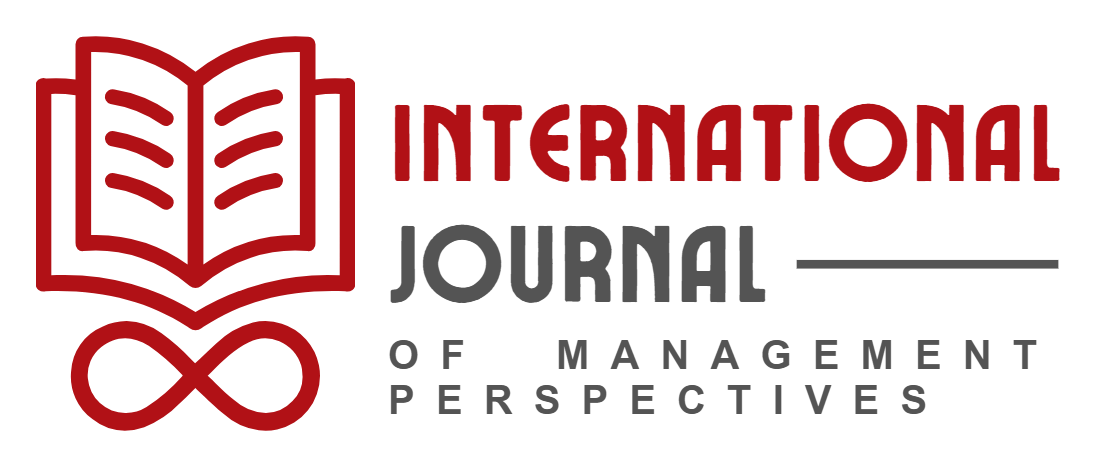What to Study After Matric
(Regardless of Your Results)
The fact is that people who study after high school have a better chance of getting a job than those who don’t.
According to Business Tech, a staggering 37.7% of South Africans who have matric are unemployed, while only 7.5% who have tertiary education are in the same situation.
Thus, gaining higher education drastically increases your chances of getting a job.
REGENT has several undergraduate qualifications you can study towards regardless of your matric results.
This article will discuss which qualifications and careers you can pursue based on your results — including higher certificates, diplomas, and degrees.
We’ll also give tips on choosing the right career path for your aspirations and give you alternative options if your results don’t allow you to study undergraduate qualifications.
What should your matric results be to study?
Higher certificates, diplomas, and degrees all have different admission requirements. Some also take longer to complete than others. Though some qualifications have special requirements, here are the general requirements for most.
Higher certificate course requirements
Higher certificates usually take a year to complete. These NQF Level 5 courses give you the hands-on skills you need to succeed in different jobs.
Most higher certificates require a National Senior Certificate with a minimum higher certificate admission or a relevant NQF Level 4 qualification.
Here are some higher certificate courses you can consider:
- Higher Certificate in Accounting: This certificate could be ideal if you enjoy math and working with numbers. With it, you can pursue careers such as Bookkeeper, Accounts Specialist, Auditing Clerk, Payroll Administrator, and more.
- Higher Certificate in Retail Management: This course is perfect if you want to enter the wholesale and retail industry. With it, you can get jobs such as Store Manager, Call Center Manager, Stock Replenisher, and more.
- Higher Certificate in Entrepreneurship: If you have always dreamed of starting your own business, this higher certificate will teach you all you need to know. Aside from equipping you to become an entrepreneur, this course will also give you the skills to become a Business Administrator, Business Analyst, Front Office Manager, and more.
Discover other higher certificates here.
Diploma course requirements
Diplomas usually take anywhere from 2–3 years to complete. These NQF Level 6 courses often allow you to pursue higher-paying careers than higher certificates do.
Most diplomas require a National Senior Certificate with a minimum diploma admission or a relevant NQF Level 4 qualification.
Here are some examples of diplomas you can consider:
- Diploma in Financial Management: This course is ideal for you if you are interested in working in finances within the public or business sector. With it, you can pursue careers such as Financial Manager, Accountant, Financial Administrator, and more.
- Diploma in Public Relations Management: This course is perfect if you enjoy writing and communicating with people. With it, you can get jobs in several industries, including Marketing Coordinator, Copywriter, Media Relations Specialist, and more.
Degree course requirements
Bachelor’s degrees usually take around three years to complete. These NQF Level 7 courses will help you attain management and senior-level positions in several industries.
Most degrees require a National Senior Certificate with a bachelor’s degree endorsement or an applicable NQF Level 4 qualification.
Here are some of the degrees you can consider:
- Bachelor of Commerce in Law: This degree enables you to become a manager, entrepreneur, and valued contributor within the legal sector. With it, you can pursue careers such as Legal Manager, Investment Analyst, Lawyer, and more.
- Bachelor of Commerce in Human Resource Management: If you love working with people and resolving issues, a career in human resources might be ideal. With this degree, you have several career options, including Human Resource Manager, Industrial Relations Consultant, and more.
What if I don’t qualify?
If your matric results don’t allow you to study towards an undergraduate qualification, you can take bridging courses that’ll give you admission requirements. Alternatively, you can choose to redo matric to improve your results.
Also, keep in mind that some careers do not require tertiary education. For example:
- Call Centre Associate
- Storekeeper
- Cosmetics Consultant
- Company Brand Consultant
- Resume Writer
If you want to pursue a job like the ones mentioned above, you can improve your skills by doing short courses. For example, a Data Analysis short course will help build your research and analytical skills. This way, you will stand out amongst candidates and have a better chance of landing the job.
Tips for choosing the right qualification for you
Here are some tips you can follow to make the right career choice for your dreams and aspirations.
1. Take into account your interests
Pursuing a career you are certain you will enjoy long-term is essential. While salary and work benefits play an important role in your decision, there are other factors to consider. These include:
- What are you passionate about?
- What do you enjoy doing?
- What are you good at?
2. Consider the timeline
As mentioned earlier, degrees and diplomas take around three years to complete, while higher certificates take one year. You must consider the time commitment and ensure adequate time to study.
3. Consider how you would like to study
Many students have additional obligations — meaning they have to work and cannot study full-time. In this case, you can look at distance learning options.
Luckily, REGENT offers distance learning for many of our courses. This means you can study while you work — and simultaneously cut down on your tuition costs.
Study for an undergraduate qualification at REGENT
Now that you know your options and how to find the right course for you, it is time to explore the different courses.
Are you interested in a higher certificate course? Have a look at our higher certificate courses.
Or, perhaps a diploma sounds better? Have a look at our diplomas.
Or, maybe your goal is to land a high-paying manager position with a degree? Have a look at our vast bachelor’s degree options.
Whichever option you choose, make sure that you see yourself doing it long-term. This way, you will ensure a happy and fulfilling career


